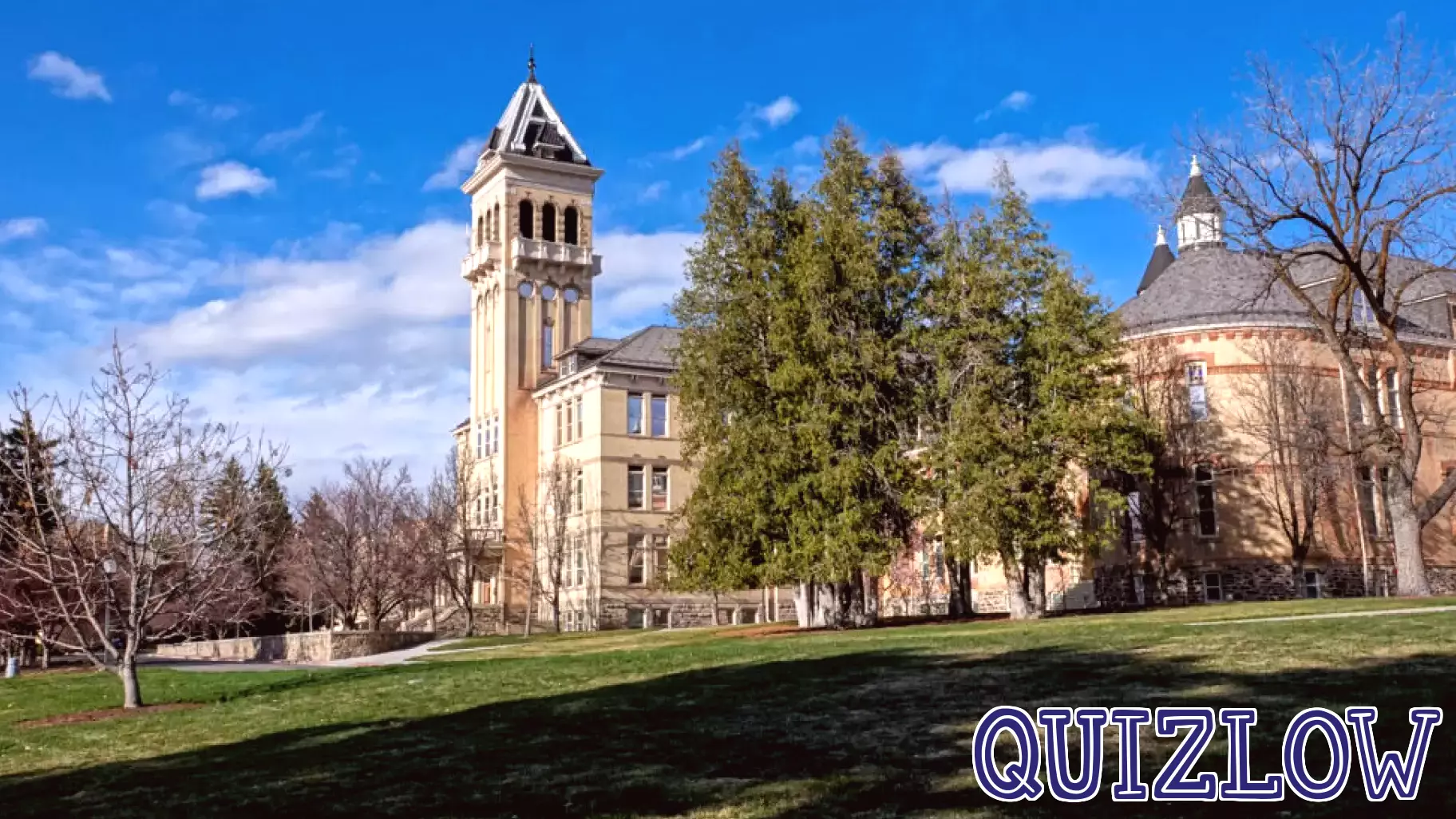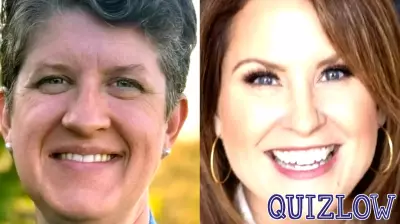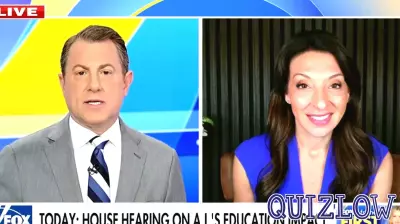April 1, 2025 - 23:32

The ongoing discourse surrounding civics education in Utah raises critical questions about the effectiveness and timing of such initiatives. As the nation grapples with a perceived decline in civic engagement and societal cohesion, Utah's approach appears to be a superficial response to deeper issues plaguing both the state and the country.
For decades, various segments of Utah society have played a role in the erosion of civic values and community engagement. Critics argue that merely introducing civics education now feels like a Band-Aid solution, failing to address the underlying causes of disconnection and apathy among citizens. The urgency for a robust civics curriculum comes at a time when many believe that the fabric of the American republic is fraying, with both sides of the political spectrum voicing concerns about the future of democratic principles.
While the intention behind enhancing civics education is commendable, it raises the question: is it too late to rekindle the spirit of civic responsibility among a population that has drifted away from active participation in democracy? The effectiveness of these educational reforms remains to be seen, but they must be part of a broader strategy to engage citizens meaningfully in their communities and governance.



